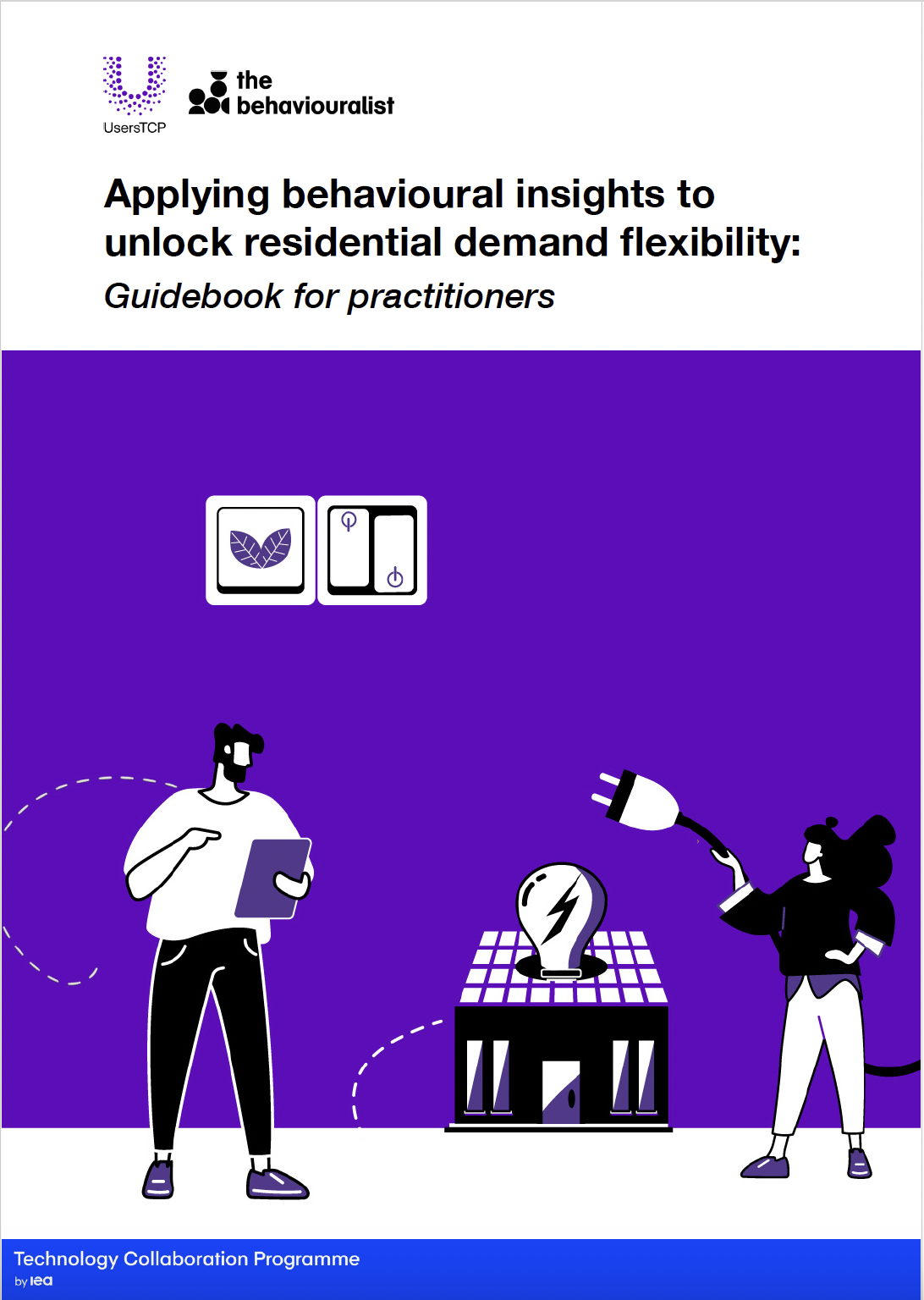Countries around the world are transitioning away from fossil fuels to renewable energy sources to meet their Net Zero targets. While beneficial for the environment, this transition brings with it an important challenge: it is not (presently) possible to rapidly increase or decrease the generation of solar, wind and water power to meet existing fluctuations in demand. One solution to this problem is to encourage demand flexibility, which refers to the capability, motivation and willingness of consumers to adapt their energy usage in response to the needs of the grid.
Residential consumers (i.e., households), which are responsible for approximately a fourth of global energy consumption, have a large potential for demand flexibility. For example, residents can postpone the use of large appliances such as EV chargers, heat pumps and machine dryers to hours when energy is more abundant. Unlocking such flexibility behaviours would help speed up the green transition. It could also significantly improve the grid’s stability and reduce the need for other (often more costly) solutions, such as building additional energy infrastructure.
Users TCP Behavioural Insights Platform has published a new guidebook titled Applying behavioural insights to unlock energy demand flexibility: Guidebook for practitioners. This guidebook provides essential guidance to policymakers and energy suppliers interested in applying behavioural insights to improve residential demand response.
Guidebook users can select a behavioural challenge (e.g., how to increase the uptake of a demand-response technology) and browse relevant behavioural strategies to help them address the issue. Each behavioural strategy uses a real-world example to illustrate the presented technique.
You can download the guidebook here.


